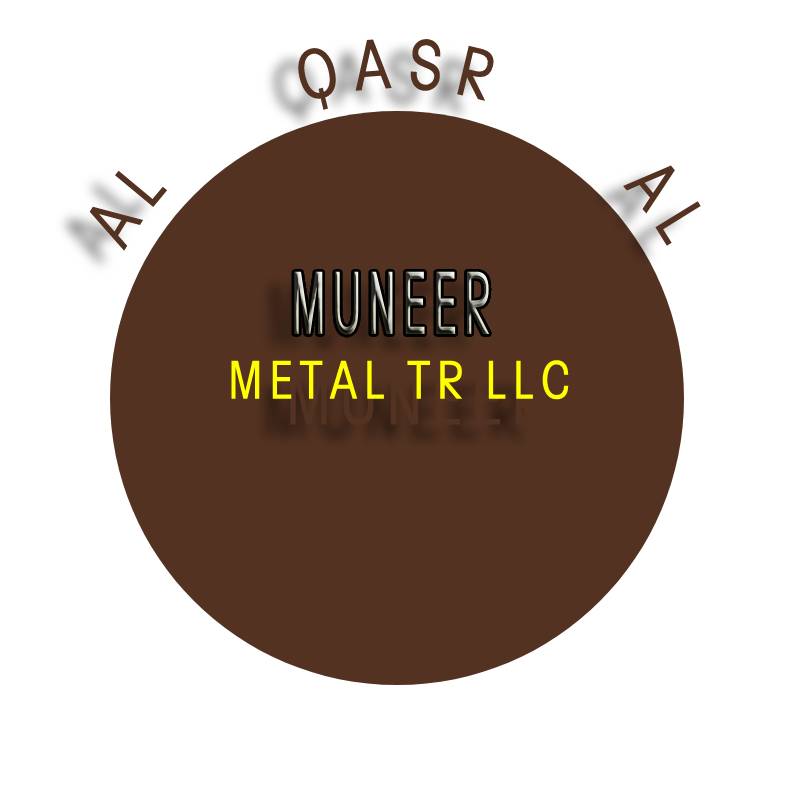Metal Scrap Export Ban
UAE Lifted Metal Scrap Export Ban on 27 Jan 2024 The United Arab Emirates (UAE) has lifted its long-standing metal scrap export ban, effective January 27, 2024. This decision marks a significant shift in the country’s policy that has been in place since May 2020. However, while the ban has been removed, the UAE government…
UAE Lifted Metal Scrap Export Ban on 27 Jan 2024
The United Arab Emirates (UAE) has lifted its long-standing metal scrap export ban, effective January 27, 2024. This decision marks a significant shift in the country’s policy that has been in place since May 2020. However, while the ban has been removed, the UAE government has introduced new export duties aimed at balancing the domestic supply and demand for scrap metal, ensuring that local steel mills continue to have access to essential raw materials.
Background of the Metal scrap Export Ban
The UAE first imposed the metal scrap export ban in May 2020 as a measure to secure a steady supply of raw materials for the country’s burgeoning steel industry. Over the years, the metal scrap export ban was extended multiple times, creating supply chain challenges for countries like Pakistan, India, and China, which heavily relied on the UAE for their ferrous scrap needs.
Details of the New Export Duties
With the lifting of the ban, the UAE has introduced an export duty of AED 400 (USD 109) per ton on metal scrap. This duty applies to various categories of ferrous scrap under the following Harmonized System (HS) codes:
- 720450: Remelting Scrap Ingots of Iron or Steel
- 720449: Ferrous Waste and Scrap, Others
- 720441: Ferrous Waste and Scrap Others, including Turnings, Shavings, Chips, and other types
- 720430: Tinned Iron or Steel Waste and Scrap
- 720429: Alloy Steel Waste and Scrap, excluding Stainless Steel
- 720421: Stainless Steel Waste and Scrap
- 720410: Cast Iron Waste and Scrap
The imposition of these duties is designed to regulate the export flow of scrap materials, making it less financially attractive to export large quantities, thereby ensuring that local industries remain well-supplied.
Impact on International Markets
The lifting of the export ban is expected to bring some relief to international markets that have been grappling with supply shortages. Countries such as Pakistan, India, and China, which were heavily impacted by the UAE’s previous export restrictions, may now find it easier to secure the scrap they need for their steel industries. However, the new export duties could still result in higher costs for these imports, as suppliers may pass on the additional charges to buyers.
Domestic Implications in the UAE
For the UAE, the decision to lift the ban while imposing export duties reflects a balanced approach to supporting its domestic steel industry while re-engaging with the global scrap market. The export duties are likely to discourage the mass outflow of scrap, thus protecting the local supply chain. At the same time, the removal of the ban opens up new revenue streams for scrap exporters, who can now re-enter the global market, albeit with the added cost of the export duty.
Future Outlook
As the UAE reopens its scrap metal export market under this new framework, the global steel industry will be closely watching the impacts on both pricing and supply chains. The success of this policy shift will depend on how well it balances the needs of domestic industries with those of international trade partners.
Bottom-line
In summary, while the removal of the UAE’s metal scrap export ban is a welcome change for many, the introduction of export duties signifies that the country remains committed to protecting its local steel industry. The coming months will reveal how these changes influence global trade dynamics and whether other scrap-exporting nations might follow a similar path.
